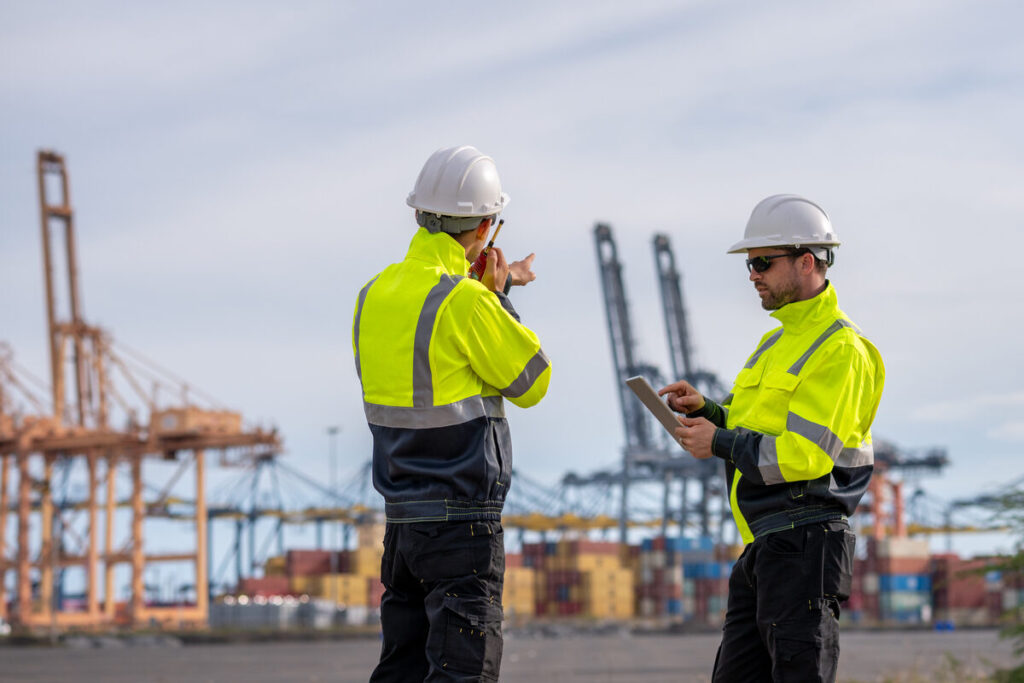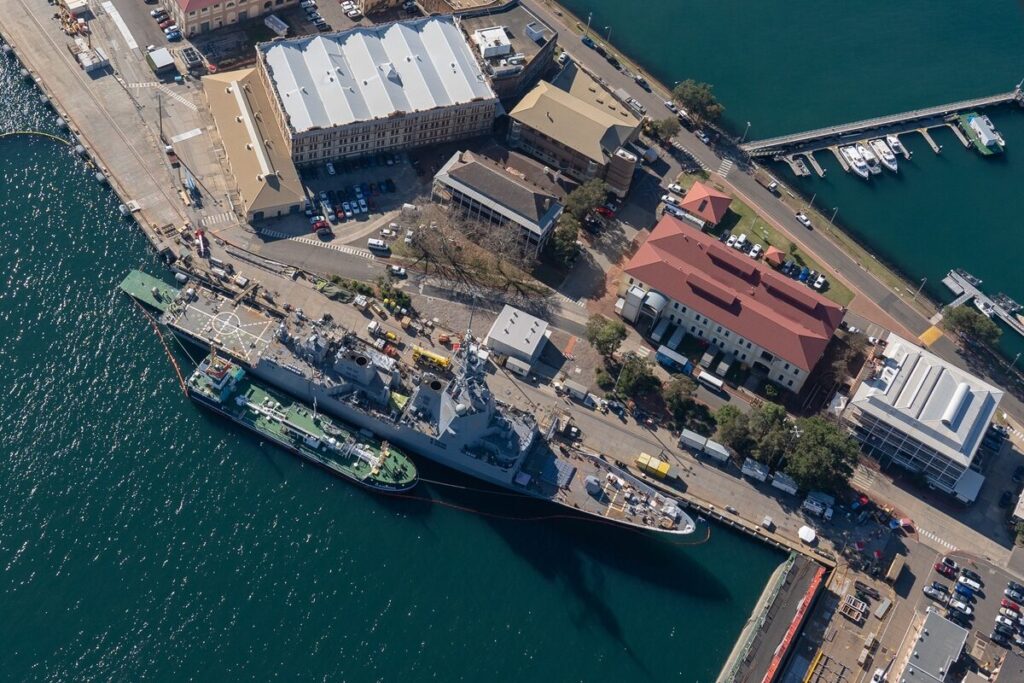The growing complexity of goods flows, pressure to reduce costs, and new geopolitical and environmental challenges have highlighted the strategic role of logistics consulting as a key tool to optimize the value chain of companies.
Beyond solving operational issues, consulting provides a global, objective, and data-driven perspective that enables process redesign, technology integration, and the construction of more agile, profitable, and resilient logistics chains.
Strategic Diagnosis: The First Step Toward Improvement
All logistics optimization starts with a deep analysis of the current situation. A consulting project begins with a technical and strategic diagnosis that identifies inefficiencies, bottlenecks, excess costs, lack of visibility, or mismatches between capacity and demand.
This diagnosis covers areas such as network design, route planning, service levels, cost structure, inventory, transportation, and internal warehouse processes. Through this comprehensive overview, a baseline is established to build measurable and sustainable improvements.
Redesigning the Supply Chain with a Value-Driven Approach
One of the main contributions of logistics consulting is its ability to redesign the supply chain with a value-added approach, not just cost reduction. This involves adjusting the number and location of logistics centers, defining the most efficient modal mix, improving synchronization between production and distribution, and incorporating technology solutions that enable traceability and analytical capabilities.
The goal is to align each logistics link with the company’s overall strategy, helping to improve customer service, reduce lead times, and adapt logistics to changing market conditions.
Technology Integration as a Lever for Transformation
Today, value chain optimization cannot be understood without the integration of advanced technologies. A forward-thinking logistics consultancy recommends implementing tools such as TMS (Transportation Management Systems), WMS (Warehouse Management Systems), real-time visibility platforms, predictive analytics, artificial intelligence, and IoT solutions.
These technologies enable process automation, deviation forecasting, better decision-making, and detailed control over the entire logistics network—from suppliers to end customers.
Sustainability and Energy Efficiency as Redesign Criteria
Regulatory and social pressure to reduce the environmental impact of transportation has made sustainability a key factor in logistics optimization. Consulting projects now incorporate energy efficiency, the selection of lower-emission modes (such as rail or short-sea shipping), use of electric vehicles, load optimization, and reduction of empty kilometers.
Designing more sustainable logistics chains not only enhances corporate image, but can also generate significant medium- and long-term savings and help ensure compliance with international environmental regulations.
Continuous Improvement and Focus on Logistics KPIs
Good consulting doesn’t end with a final report. Well-executed projects establish a system of logistics performance indicators (KPIs) to measure the impact of proposed actions, support continuous improvement, and adjust strategies in response to new scenarios.
Common KPIs include customer service level, on-time delivery rate, logistics cost per unit, inventory turnover, fleet utilization, or CO₂ emissions per shipment. These data points help align logistics with the organization’s broader goals.
A Strategic Partner for Logistics Transformation
Beyond technical knowledge, a logistics consultancy brings an external, independent, and specialized perspective capable of driving real transformation within companies. Its cross-sector experience enables the application of best practices from other industries and the anticipation of trends that can offer competitive advantages.
In addition, a strong consulting partner provides value in key moments such as internationalization processes, logistics network mergers, channel expansion (e-commerce, retail, B2B), introduction of new products, or adaptation to demanding regulatory environments. With a solid track record in global logistics operations, SUARDIAZ Group combines strategic insight and operational capability to deliver consulting services aimed at optimizing every link in the value chain. Their tailored approach empowers companies to improve efficiency, competitiveness, and adaptability in a constantly evolving global landscape.























